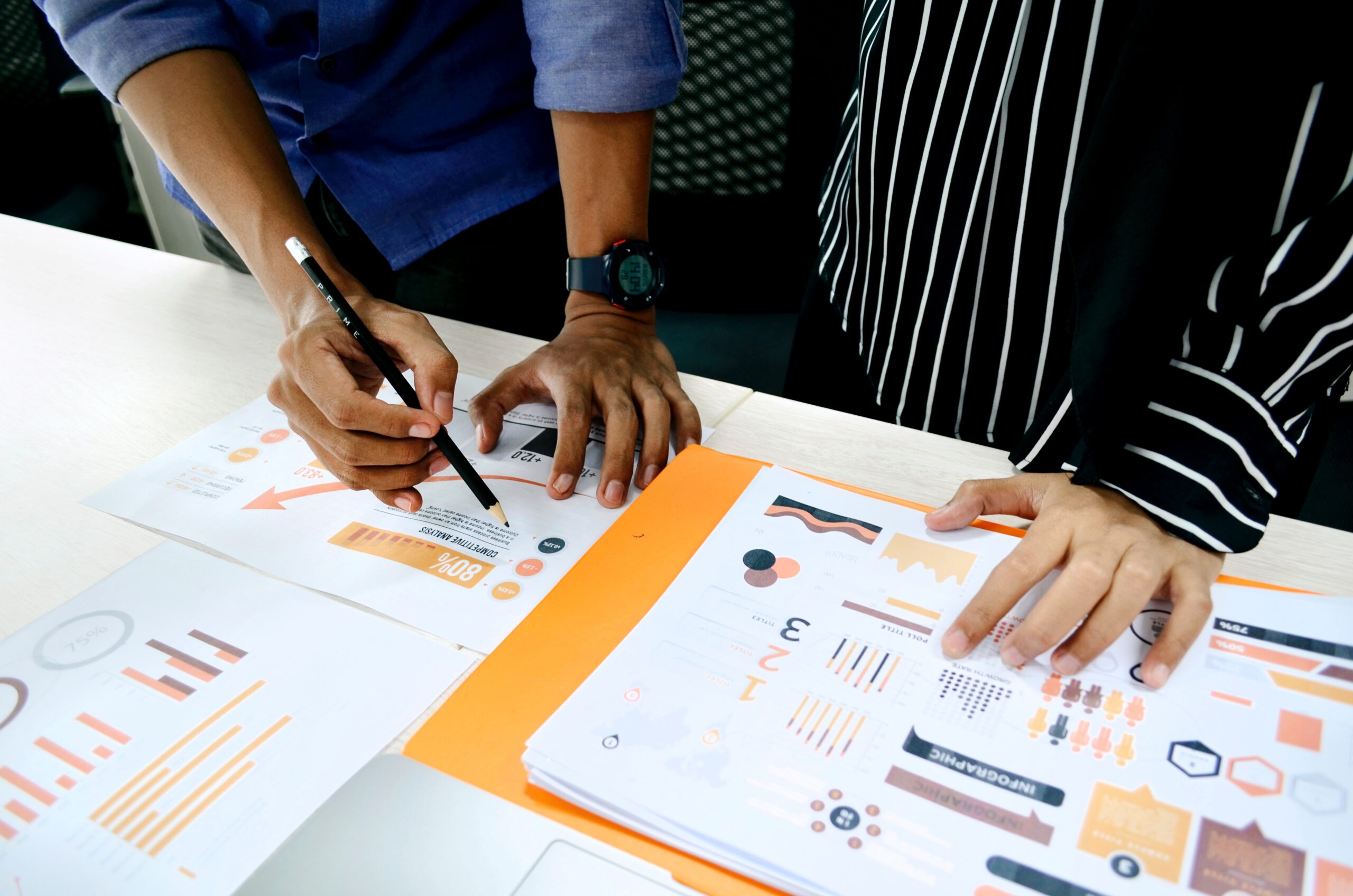Remember: It’s not “UGH small talk makes ME feel awkward,” but rather “I’m doing them a favor by talking to them.”
Why? Imagine yourself at a party. Nobody’s really talking to you so you just fade into the background. Right before you pull out your phone so you’re not just standing there like a loser, somebody comes up to you and says, “Hey, I’m John.”
AWESOME! If that happened, you’d feel so grateful to John for walking up to you and engaging — because it’s way less awkward to not do anything than to take that first step.
This also implies a confidence in yourself, another key ingredient to charisma and popularity. You don’t need a clever line or funny statement — your name and a plain spoken “hey” is engaging.
As long as you remember that you’re doing them a favor by talking to them, it makes the process MUCH easier.
Conversation starter #3: “How do you know X?”
A while back, I was at a friend’s birthday party. When I showed up, it turned out that I didn’t really know very many people there. So instead of hanging off of my friend the entire party and monopolizing her time, I simply went around to everyone I didn’t know and asked, “So how do you know Michelle?”
It turned out that was a fantastic conversation starter because we were all there to support our friend Michelle. And from that one line, I was able to learn so much about the people I was talking to.
Look, I get it. It’s really hard sometimes to just make the first jump into a conversation. However, if there’s already a shared connection between you and the other person, the process becomes much easier. This also directly leads to popularity — connecting with many people!
Capitalize on any shared connection then. Variations on “How do you know X?” can be things like:
Who do you know here?
- Why are you at this party/event/convention?
- How long have you been doing X?
Keep the conversation going
Once you start the conversation, congrats! The hardest part is done.
However, that doesn’t mean you should just sit back and let the other person do all the work for you. If you don’t make sure to keep the other person engaged and ask thought provoking questions, it’ll be easy to let the conversation die.
To that end, you can be an active listener and ask great questions based on their answers.
When you watch people who are really socially skilled converse, they will ask a question, listen, and then make a statement based on that answer.
If you’re still confused, a solid rule of thumb is to ask 2-3 questions and then make a statement as well.
When you’re talking to someone, think to yourself, “Where can I add value? What connections can I draw between us?”
Take a look at the two examples below. Can you see why one is bad and the other one is good?
Bad example:
You: “Where are you from?”
Them: “Michigan.”
You: “How long have you been there?”
Them: “Two years.”
You: “Oh, do you like it?”
Them: “Yeah, I really like—”
You: “What brought you here?”
TERRIBLE. This conversation is entirely hypothetical and I’m still cringing. You’re not involving yourself in the conversation — and as a result, you’re not adding value. All this does is make you seem like someone who simply asks questions. Don’t do this.
Good example:
You: “Where are you from?”
Them: “Michigan.”
You: “Oh, I’ve been to Michigan before. I actually grew up in Phoenix but live in Chicago — pretty close by.”
Them: “Oh, really? How long have you been there?”
BOOM. Now you’ve successfully engaged this other person and established a connection with them — all by sharing something simple about yourself.
#5: Don’t worry too much about body language
People have come up with all sorts of weird tricks for improving your body language. Google “body language,” and you’ll learn all sort of interesting new words: mirroring, foot direction, power posing. Stuff nobody in the real world cares about or notices.
The only thing you really need to remember is SETHE.
Yes, named it after myself. No I don’t regret it for a moment. Why? Because the system WORKS. SETHE goes like this:
Smile. If you’re not used to smiling, it can feel totally unnatural. Practice letting your smile “fill your face.” I used to videotape myself speaking to find out I wasn’t smiling enough. It gets easier once you start practicing.
- Energy. Take whatever level you’re at, and add 50% more energy into your voice and movement. What feels weird to you is NORMAL to everyone else.
- Talk slowly. Slow down what you’re saying by 50%. It will feel sluggish, but this is perfect for everyone else. Enunciate your words to help slow down. Young Ramit got way ahead using this one tip.
- Hands. Experiment with your hands to find your comfort zone when speaking. How do you feel when you leave yourself more “open,” or gesture more?
- Eye contact. Study how socially skilled people use eye contact. How long do they look at someone? Where do they look after disconnecting? By testing, you’ll find what works for you.



